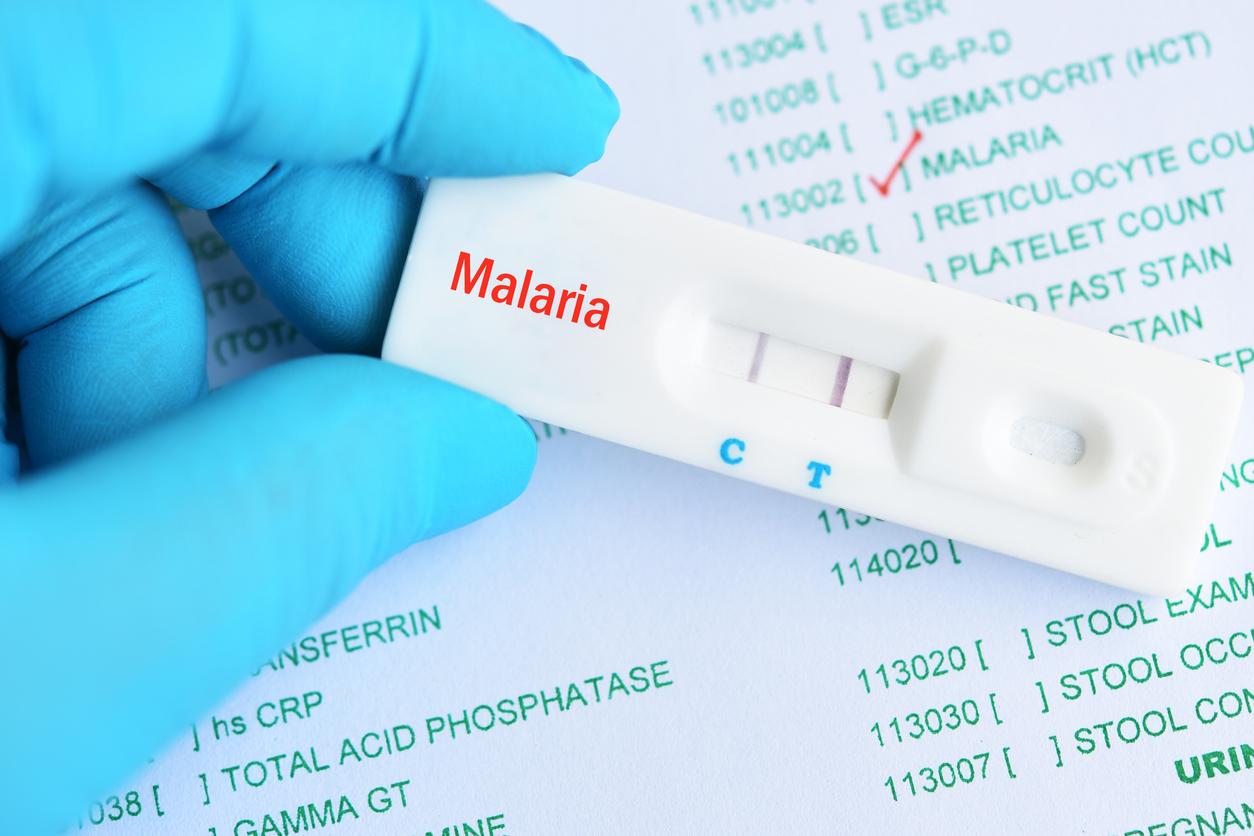A team of researchers has identified human antibodies capable of targeting the proteins responsible for severe forms of malaria, which could lead to the development of vaccines or new treatments.

- A new study marks a major breakthrough in the fight against severe malaria, which causes 600,000 deaths annually, mainly among African children.
- Researchers have identified two human antibodies capable of targeting a key protein (PfEMP1) of the Plasmodium falciparum parasite, preventing infected red blood cells from adhering to blood vessel walls and thereby reducing serious complications.
- Using innovative technology (organ-on-a-chip), they recreated human microvessels to successfully test these antibodies. This discovery could lead to revolutionary vaccines or treatments against malaria.
What if a simple antibody could save millions of lives? A new study published in the journal Nature opens new perspectives for combating the severe form of malaria, a disease which causes more than 600,000 deaths per year, mainly among young children living in tropical areas of Africa. Researchers have identified human antibodies capable of targeting proteins responsible for serious complications of the disease. A breakthrough that could potentially lead to the development of vaccines or innovative treatments.
Understanding the severe form of malaria
Severe malaria is caused by the parasite Plasmodium falciparum, which modifies infected red blood cells. These abnormal cells adhere to the walls of small blood vessels, particularly in the brain, leading to blockages, brain swelling, and sometimes fatal complications, such as cerebral malaria. At the heart of this process, a family of proteins called PfEMP1, present on infected red blood cells, plays a key role. Some of them attach to a human protein, EPCR, which damages blood vessels and promotes serious complications.
Researchers have found that children gradually develop immunity as they age, thanks to antibodies capable of neutralizing PfEMP1 proteins. But the great diversity of these proteins has until now made their targeting difficult. Except this time, the team managed to identify two human antibodies capable of recognizing a specific and conserved part of PfEMP1, called CIDRα1, which interacts with EPCR. These antibodies prevent infected red blood cells from attaching to the vessels, reducing the risk of serious complications.

Recreating malaria in the laboratory
To test the effectiveness of the antibodies, the researchers used an innovative method: culturing networks of human microvessels in the laboratory, reproducing the conditions of cerebral malaria. By introducing infected blood into these vessels, they were able to observe directly that the antibodies effectively blocked the accumulation of infected cells. “We used organ-on-a-chip technology to recreate brain microvessels in 3D, specify the scientists in a press release. The results were striking: the antibodies prevented infected cells from adhering to the vessel walls.”
The analysis revealed that these antibodies act by recognizing three conserved amino acids on CIDRα1, which could represent a common mechanism of acquired immunity against severe malaria. This discovery opens the way to new strategies, such as vaccines targeting PfEMP1 or treatments based on these antibodies. “Leveraging tissue and organ-on-a-chip engineering allows us to study diseases with unprecedented precision, while providing platforms to test vaccine candidates”conclude the authors.

















